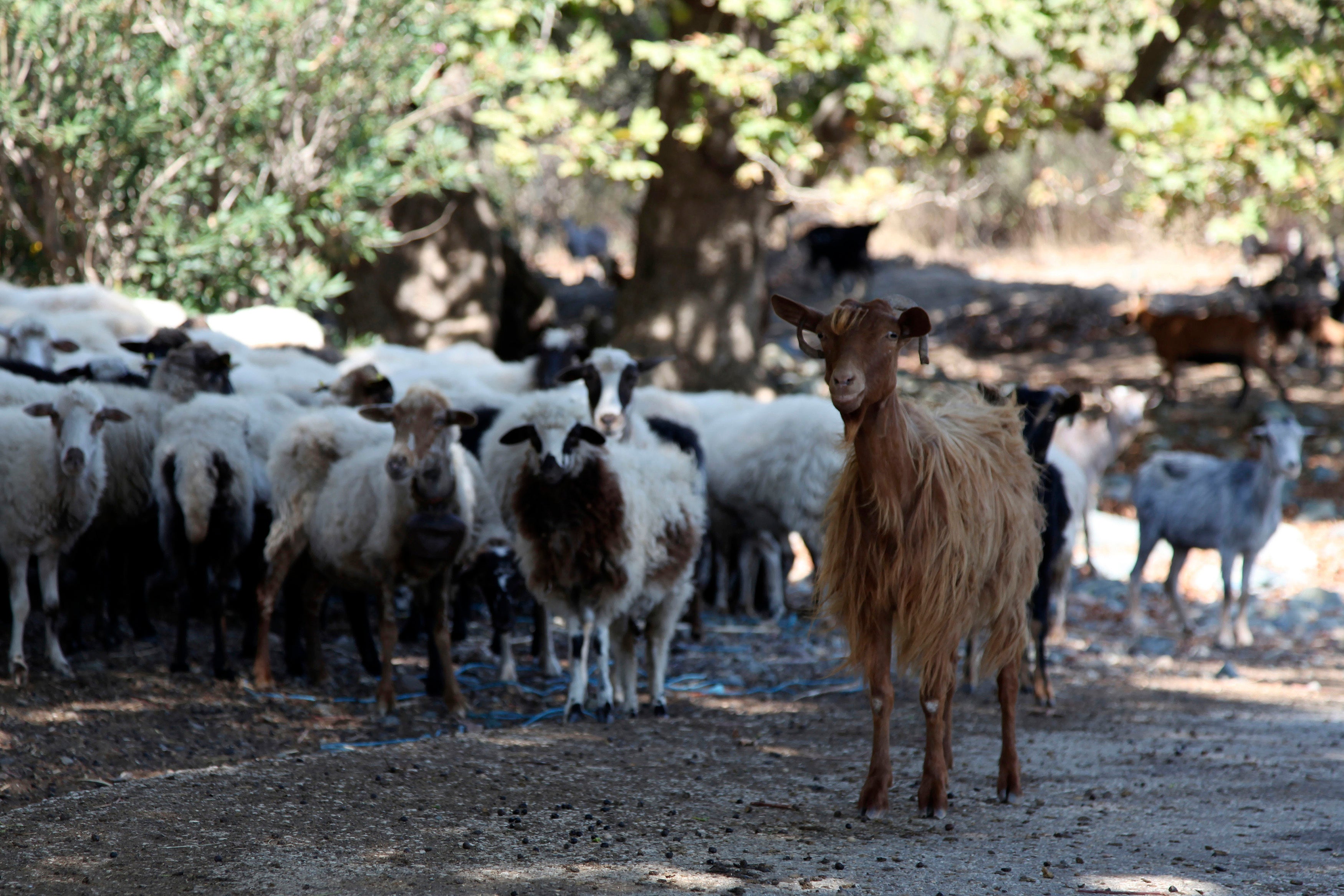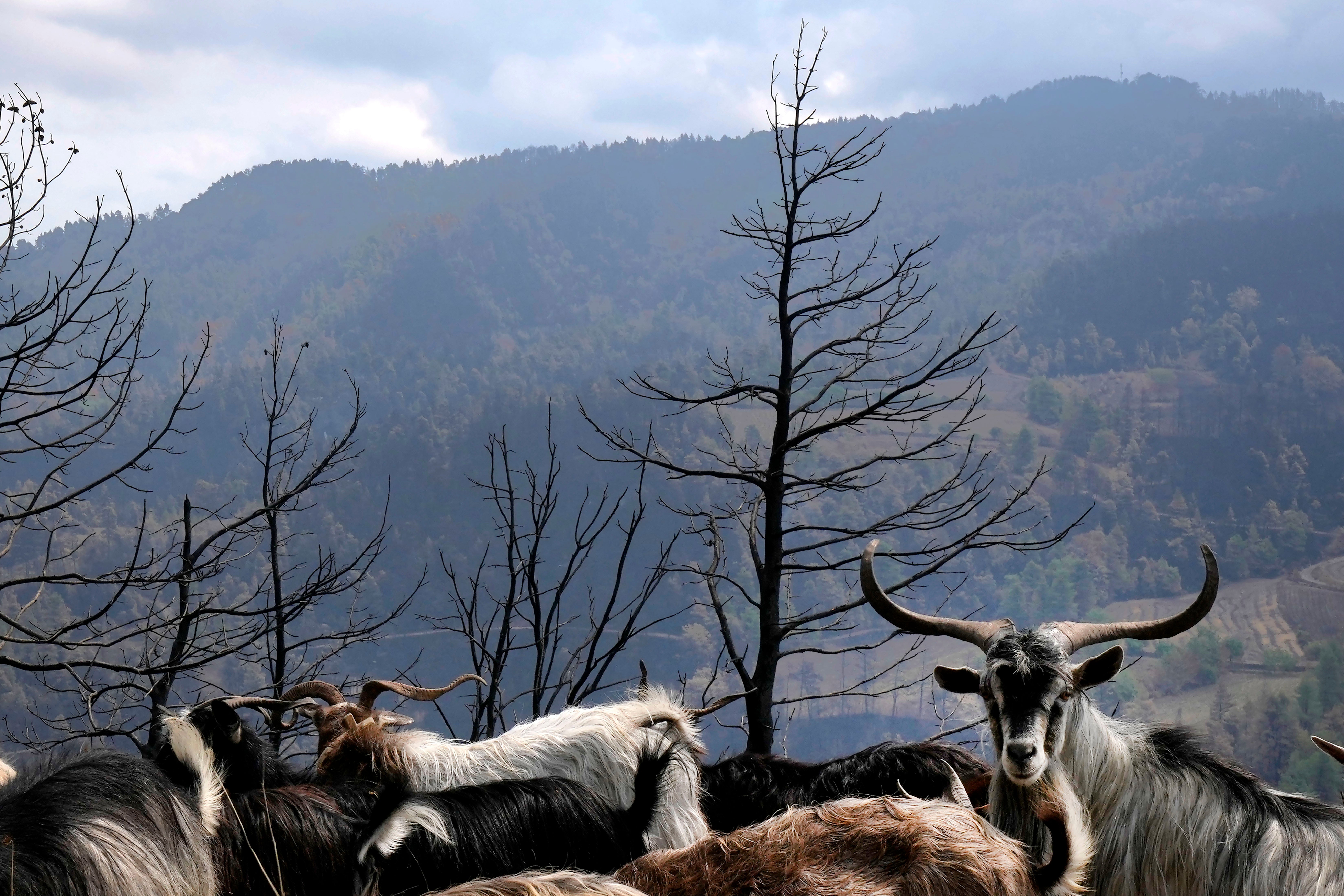Greece announces restrictions in ‘goat plague’ outbreak
Authorities in Greece have ordered nationwide restrictions on goat and sheep

Your support helps us to tell the story
From reproductive rights to climate change to Big Tech, The Independent is on the ground when the story is developing. Whether it's investigating the financials of Elon Musk's pro-Trump PAC or producing our latest documentary, 'The A Word', which shines a light on the American women fighting for reproductive rights, we know how important it is to parse out the facts from the messaging.
At such a critical moment in US history, we need reporters on the ground. Your donation allows us to keep sending journalists to speak to both sides of the story.
The Independent is trusted by Americans across the entire political spectrum. And unlike many other quality news outlets, we choose not to lock Americans out of our reporting and analysis with paywalls. We believe quality journalism should be available to everyone, paid for by those who can afford it.
Your support makes all the difference.Authorities in Greece ordered nationwide restrictions for goat and sheep on Monday to combat a deadly viral outbreak that is a fresh blow to the domestic livestock industry.
Costas Tsiaras, the minister of agriculture and rural development, announced the ban on the commercial slaughter of goats and sheep as well as movement for reproduction – expanding measures already in effect in parts of central Greece where the outbreak was first reported.
Also known as the “goat plague,” the PPR virus is a highly contagious disease affecting goats and sheep, causing severe illness and death. It has no adverse effect on human health, according to Greek officials.
So far, some 7,000 animals in herds where the disease has been identified have been culled in the hardest-hit central Thessaly region, with another 1,200 to be added early this week, regional governor Dimitris Kouretas said Monday.
Thessaly was also hit by a deadly storm last September that caused severe flooding and widespread damage to livestock farming.

The World Organization for Animal Health (WOAH), an intergovernmental body based in Paris, describes PPR as “characterized by severe morbidity and mortality rates” with a high economic impact in parts of Africa, the Middle East, and Asia, where goats and sheep are an important source of food.
It adds: “Peste des petits ruminants (PPR) is a viral disease, caused by a morbillivirus closely related to rinderpest virus, which affects goats, sheep, and some wild relatives of domesticated small ruminants, as well as camels. It was first reported in Ivory Coast in 1942.
“It is characterised by severe morbidity and mortality rates, and has a high economic impact in areas of Africa, the Middle East, and Asia, where small ruminants contribute to guaranteeing livelihoods.
“Affected animals present high fever and depression, along with eye and nose discharges. Animals cannot eat, as the mouth becomes covered in painful erosive lesions and the animals suffer from severe pneumonia and diarrhoea. Death is frequently the outcome.”